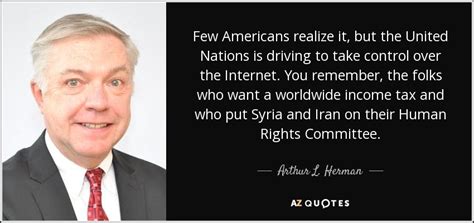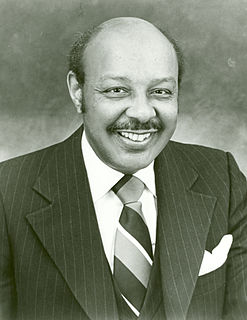A Quote by Gavriel David Rosenfeld
What's interesting is that when you get into the post-war period, many of the narratives in books and movies conclude that if you killed Hitler, you're actually going to make history worse.
Related Quotes
The most interesting statistic, stunning statistic that came out of my research was that in 1942, as this war production effort is going on, the number of Americans killed or injured in war-related industries surpassed the number of Americans in uniform killed and wounded in action in the war by a factor of 20 to 1.
We normally think of history as one catastrophe after another, war followed by war, outrage by outrage - almost as if history were nothing more than all the narratives of human pain, assembled in sequence. And surely this is, often enough, an adequate description. But history is also the narratives of grace, the recountings of those blessed and inexplicable moments when someone did something for someone else, saved a life, bestowed a gift, gave something beyond what was required by circumstance.
An extraterrestrial being, newly arrived on Earth - scrutinizing what we mainly present to our children in television, radio, movies, newspapers, magazines, the comics, and many books - might easily conclude that we are intent on teaching them murder, rape, cruelty, superstition, credulity, and consumerism. We keep at it, and through constant repetition many of them finally get it.
We started America with the sin of slavery that led right into the post-reconstruction period which was the greatest period of domestic terrorism in our country's history. Then after that, we had Jim Crow emerge and just when the Jim Crow laws were ending came the onslaught of the drug war. Well, the drug war has so perniciously effected, insidiously infected communities of color that in some ways it has come full circle, and we now have more African Americans under criminal supervision than all of the slaves in 1865. This is a profoundly unjust war.
It seemed to me singularly ill-contrived for the British government to be going to war with Hitler when Hitler might have been about to attack the Russians, and even more ill-contrived that, when Hitler did attack the Russians, he had already defeated the French army. What I'm saying is that the war shouldn't have been started in September 1939...from the point of view of Britain, the war was really not a good thing and I would regard it as, in effect, a defeat.
































